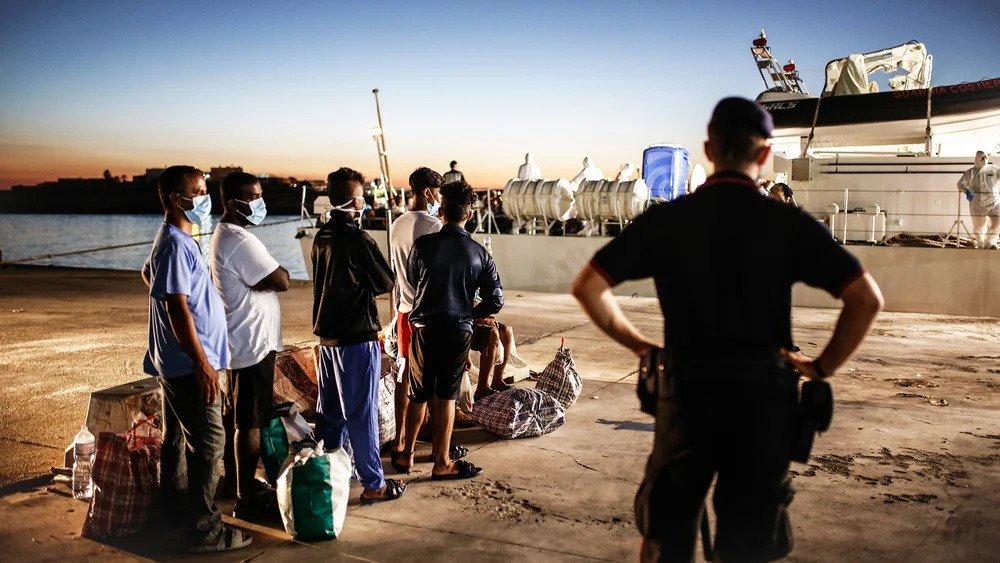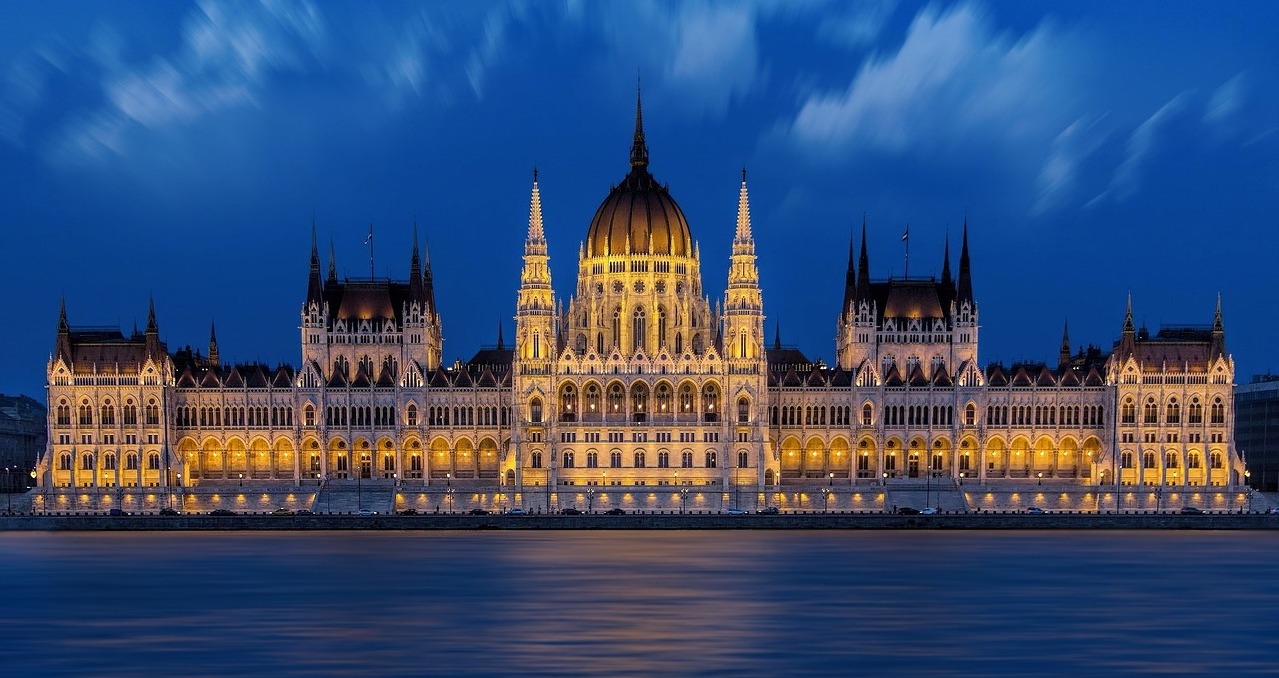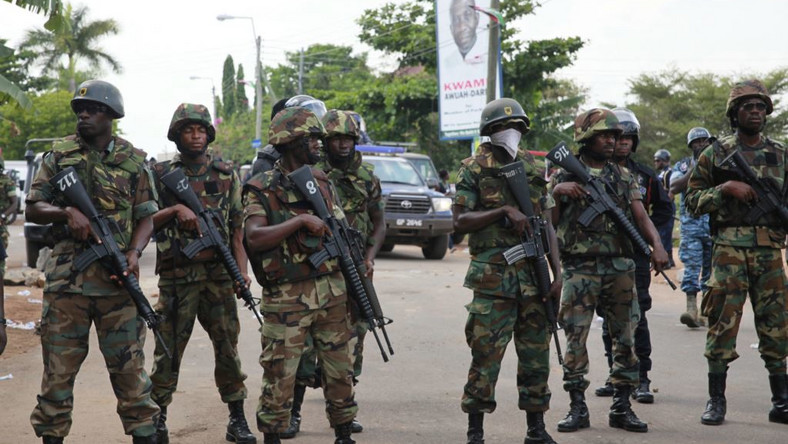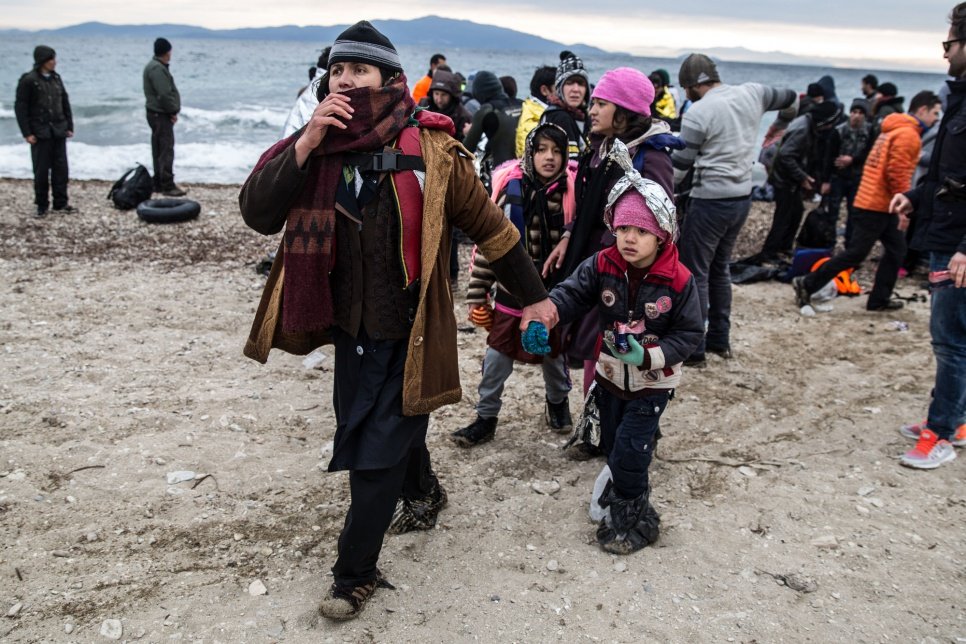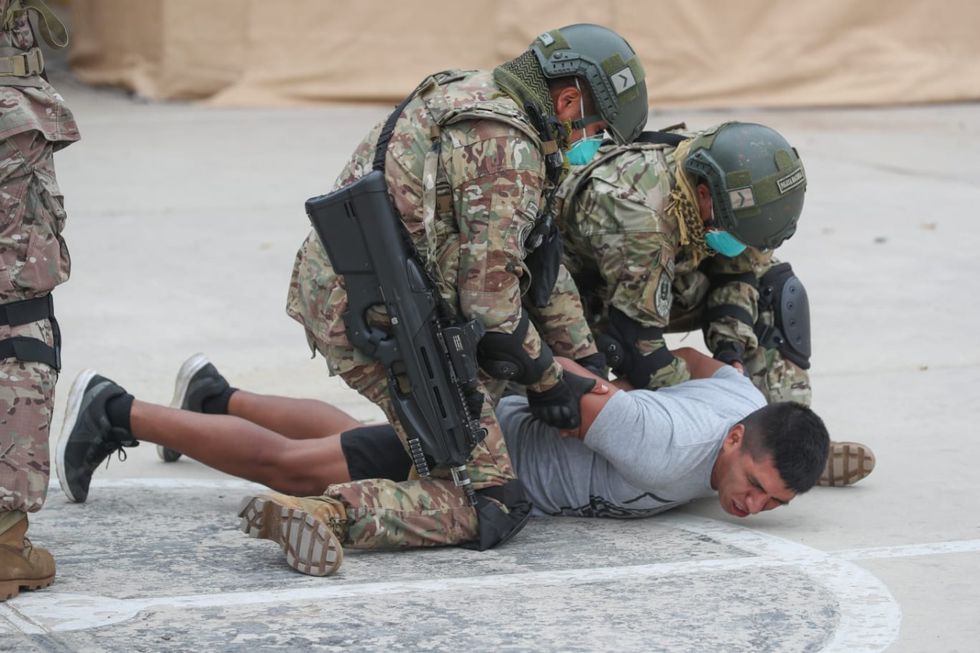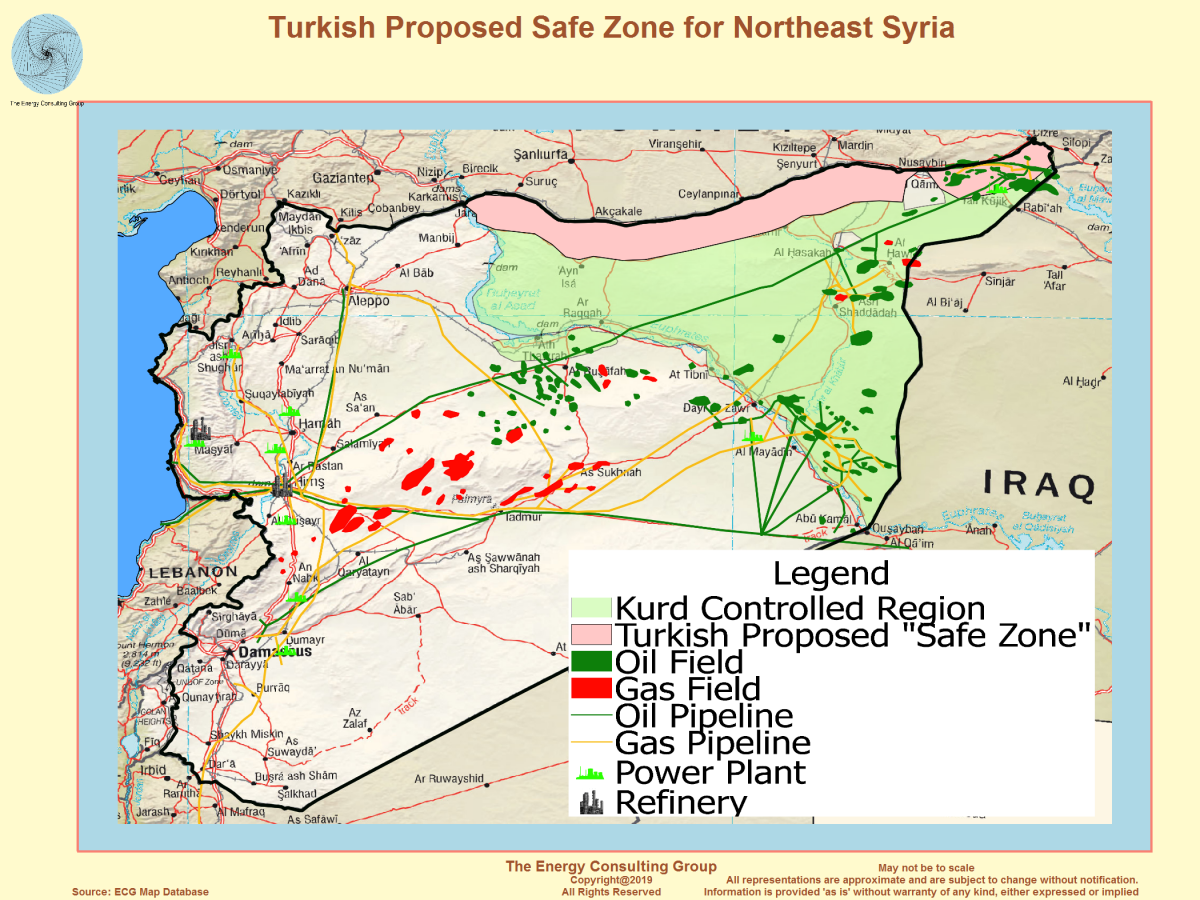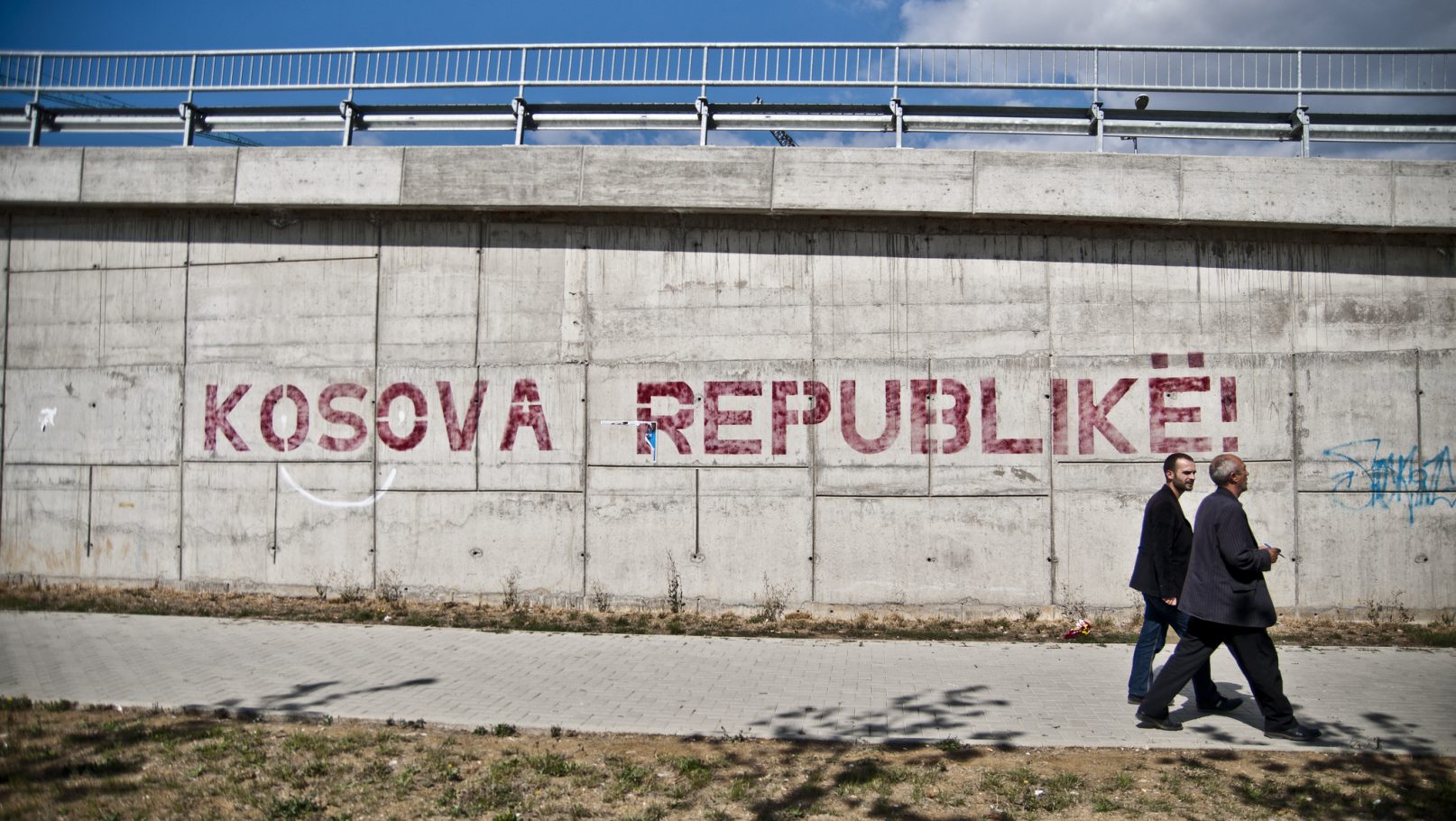
De-escalation on Kosovo-Serbia border —for now
Kosovo reopened its main border crossing with Serbia following calls from the international community to de-escalate rapidly rising tensions between the two countries. Serb protesters removed barricades along the crossing following a meeting with Serbian President Aleksandar Vučić. An order issued by Vučić days earlier to increase the Serbian army’s combat readiness was also revoked. However, Vučić insisted that Kosovo, which declared independence in 2008, is still a part of Serbia. Tensions have risen in Kosovo’s north between minority Serbs and majority Kosovar Albanians over recent political developments, most notably Kosovo’s plan to phase out Serbian-issued license plates. NATO maintains around 4,000 “peacekeepers” and support staff in Kosovo. (Photo: Marco Fieber via e-International Relations)



